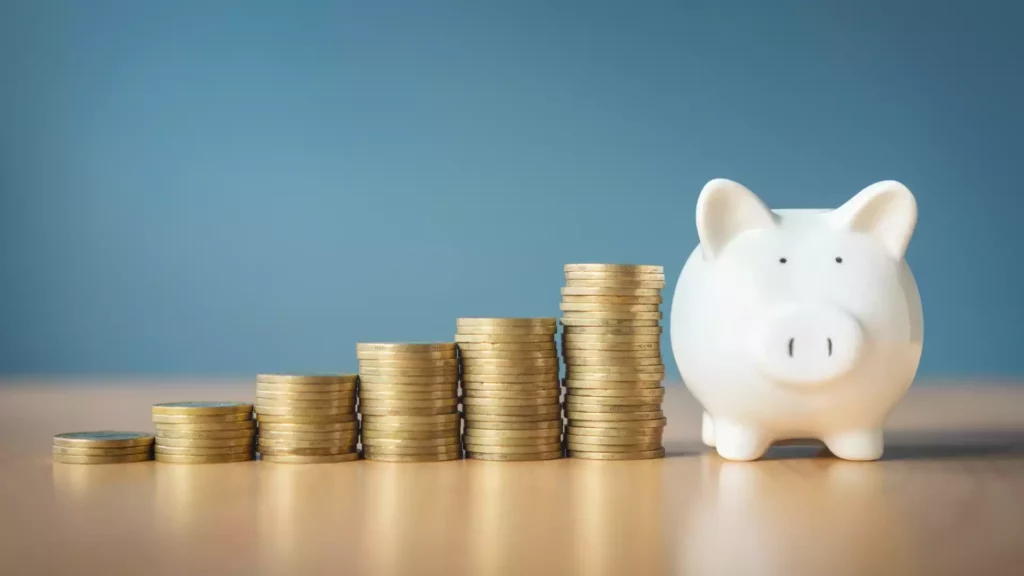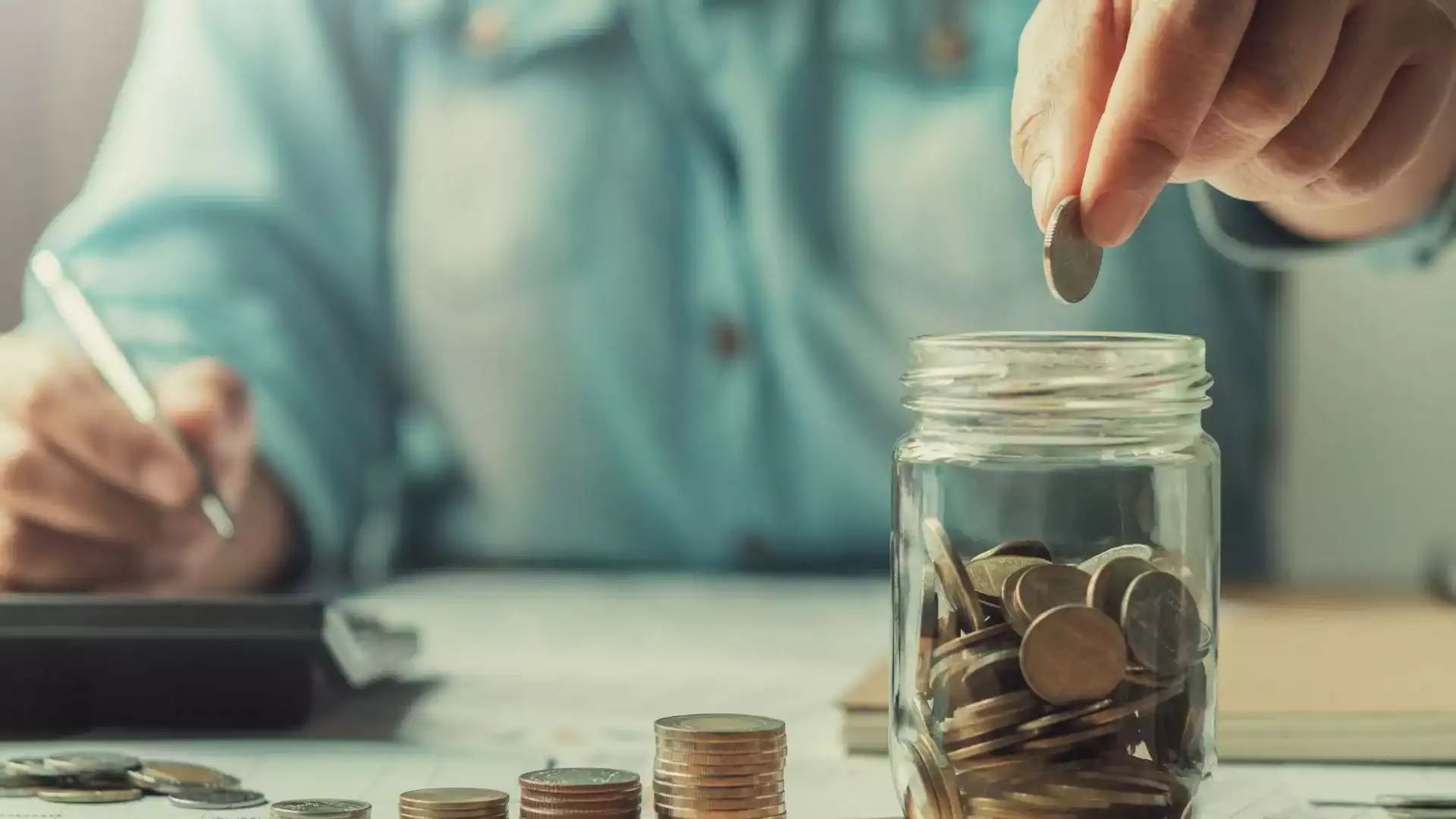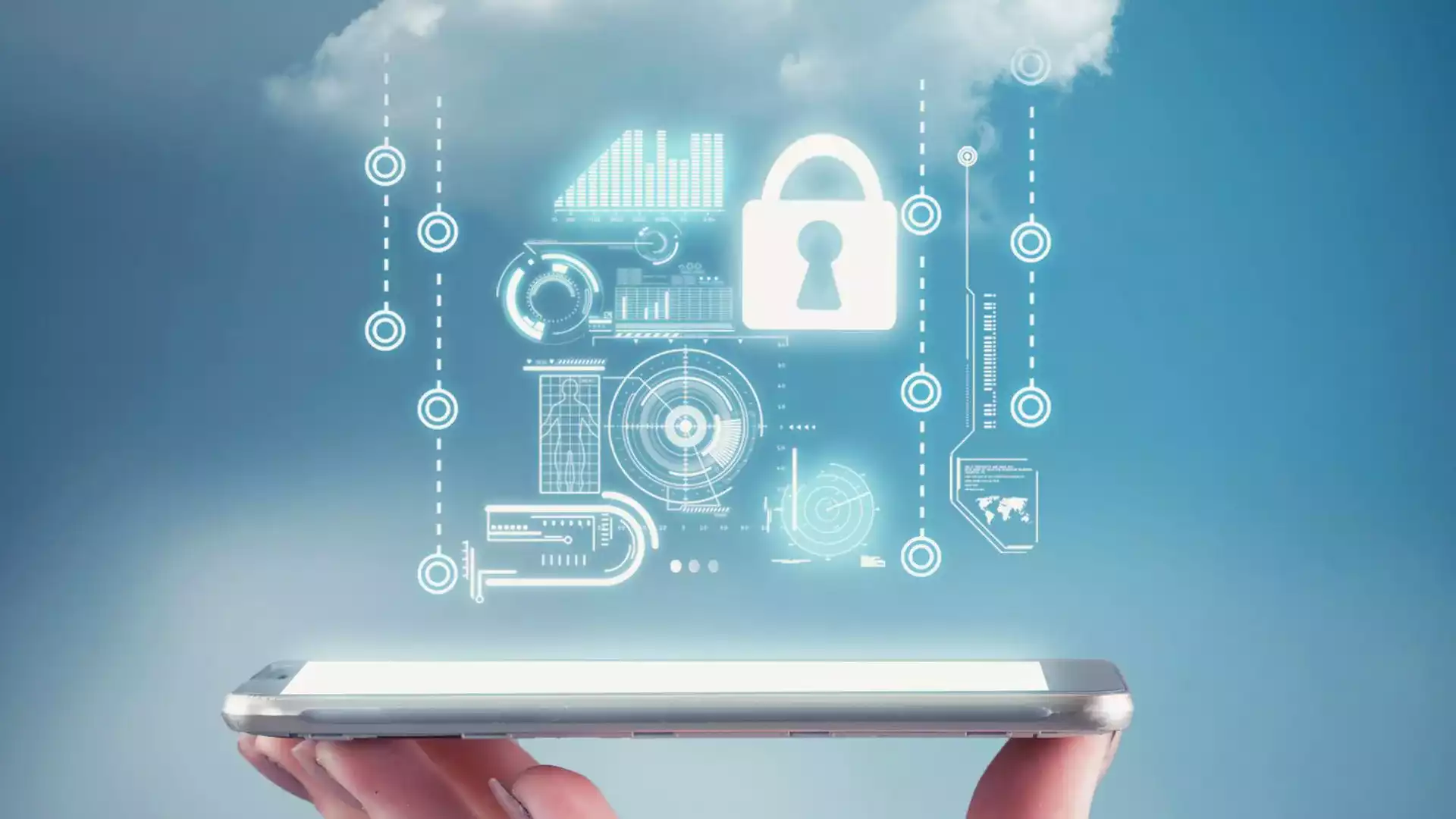1. Qu’est-ce que la TVA récupérable ?
VAT, or value added tax, is an indirect tax on consumption that applies to goods and services sold in France. There are different VAT rates, depending on the nature and sector of activity of the products or services. VAT is collected by businesses from their customers and paid to the government. But businesses can also deduct the VAT they have paid on their own business purchases. This is known as deductible VAT. Recoverable VAT is therefore the part of VAT that can be refunded by the State under certain conditions.
2. Comment calculer la TVA récupérable ?
To calculate recoverable VAT, you first need to differentiate between input VAT and deductible VAT. The result is net VAT, which is the amount payable to the State. If the deductible VAT is greater than the VAT collected, you obtain a VAT credit, which can be claimed back: this is recoverable VAT !
Example : a company sells products for €10,000 excluding VAT at 20%. It therefore collects €2,000 in VAT, which it must pay to the government. But it also purchased goods and services for €8,000 excluding VAT at 20%. It can therefore deduct €1,600 in VAT. The difference between input VAT and output VAT is €400. This is the net VAT that the business must pay to the State. If the company had purchased the goods for €12,000 excluding VAT at 20%, it would have been able to deduct €2,400 in VAT. The difference between input VAT and deductible VAT would then be €400. This is the VAT credit that the company can reclaim from the government.
3. Quelles sont les conditions pour récupérer la TVA ?
To be able to reclaim VAT, a number of conditions must be met :
- The company must be subject to VAT, i.e. it must charge VAT on its sales of goods or services.
- The purchases they make must fall within the scope of their professional activity and be necessary for their operation and/or production.
- Purchases must be subject to a VAT rate greater than zero. If these are exempt or subject to a rate of 2.1%, they will not be deductible.
- Lastly, purchases must be supported by an invoice that complies with tax rules, stating the amount and rate of VAT.
4. Quels sont les biens et les services éligibles à la TVA récupérable ?
Most goods and services purchased by a business are eligible for recoverable VAT, provided they meet the conditions set out above. There are, however, a few exceptions, which are either totally excluded from the right to deduct or are partially deductible.
Goods and services excluded from the right to deduct include :
- Housing costs (rent, utilities, etc.)
- Food and drink (except for staff meals)
- Tobacco expenditure
- Expenditure on receptions, gifts and public relations
- Expenditure on private cars (except those used exclusively for business purposes)
- Fuel costs for passenger vehicles (except diesel fuel for commercial vehicles)
- Spending on leisure, shows and entertainment
Goods and services that are partially deductible include :
- Telephone and Internet expenses (80% deductible).
- Personal transport costs (80% deductible).
- Fuel costs for commercial vehicles (deductible at 80% for petrol and 100% for diesel).
- Expenditure on leasing or purchasing commercial vehicles (deductible at 80% for petrol and 100% for diesel).
- Meal expenses up to a limit of one supplier/customer invitation, one meal on a business trip, one business meeting or one end-of-year meal (50% deductible).
5. Comment demander le remboursement de la TVA récupérable ?
To claim a refund of recoverable VAT, a specific return must be completed in addition to the normal VAT return. There are two types of declaration :
- Monthly returns, provided that the VAT credit exceeds €760.
- The annual return, provided that the VAT credit exceeds €150.
The declaration must be made online, on the tax site, within the same timeframe as the normal VAT declaration.
6. Quels sont les avantages et inconvénients de la TVA récupérable ?
Recoverable VAT offers a number of advantages for businesses :
- It reduces the tax burden and improves profitability.
- It allows you to optimize cash flow and and working capital requirements.
- It makes it easier to invest in the goods and services needed for the business.
Recoverable VAT also has a number of disadvantages :
- It involves rigorous management of invoices and returns.
- It may lead to more frequent tax audits.
- It may be subject to variations depending on the applicable rates and rules.
7. Comment mieux gérer la récupération de la TVA sur les dépenses professionnelles ?
To facilitate and optimise VAT recovery on expense claims, we recommend using a suitable software solution. This solution enables :
- Digitise and archive expense receipts, respecting the rules of a reliable audit trail.
- Automatically extract the relevant data from invoices, including VAT amount and rate.
- Check that invoices comply with tax requirements, and report any anomalies or errors.
- Calculate the amount of deductible and recoverable VAT, taking into account the specific rules for each type of expenditure.
- Integrate data into accounting software and generate VAT returns.
- Claim VAT refunds from the tax authorities, respecting deadlines and thresholds.
An optimised solution for managing VAT recovery on expense claims saves time, reduces the risk of error or audit, and improves a company’s cash flow. There are several solutions on the market, and it’s important to choose the one that best covers your business needs and specific requirements.




